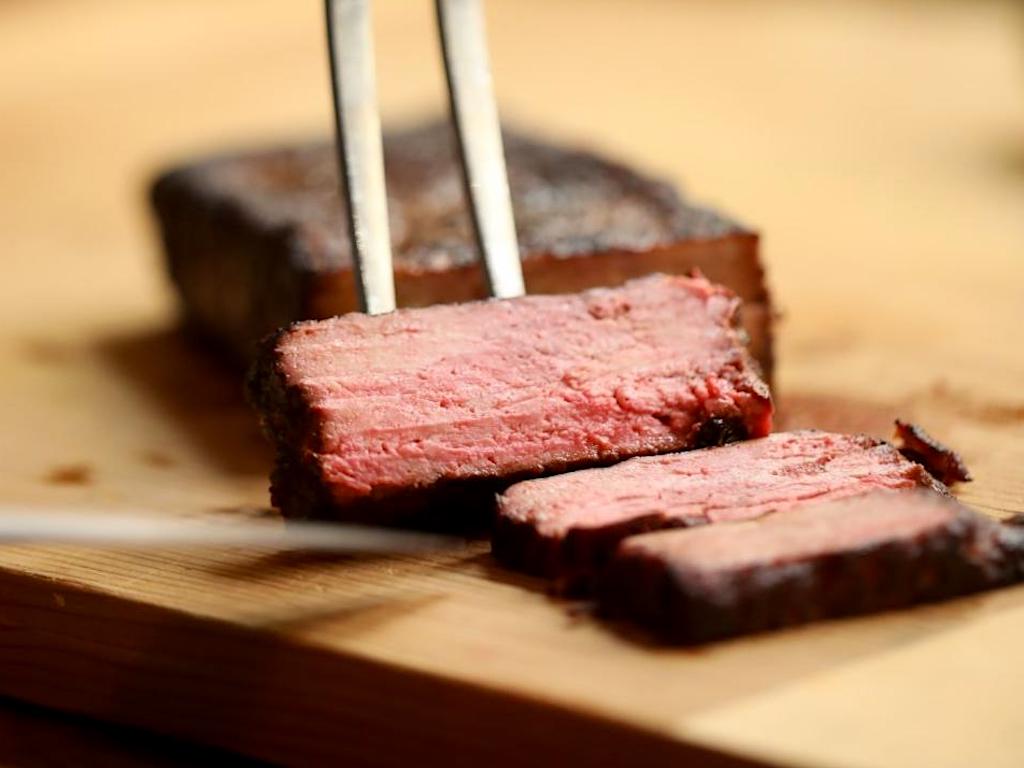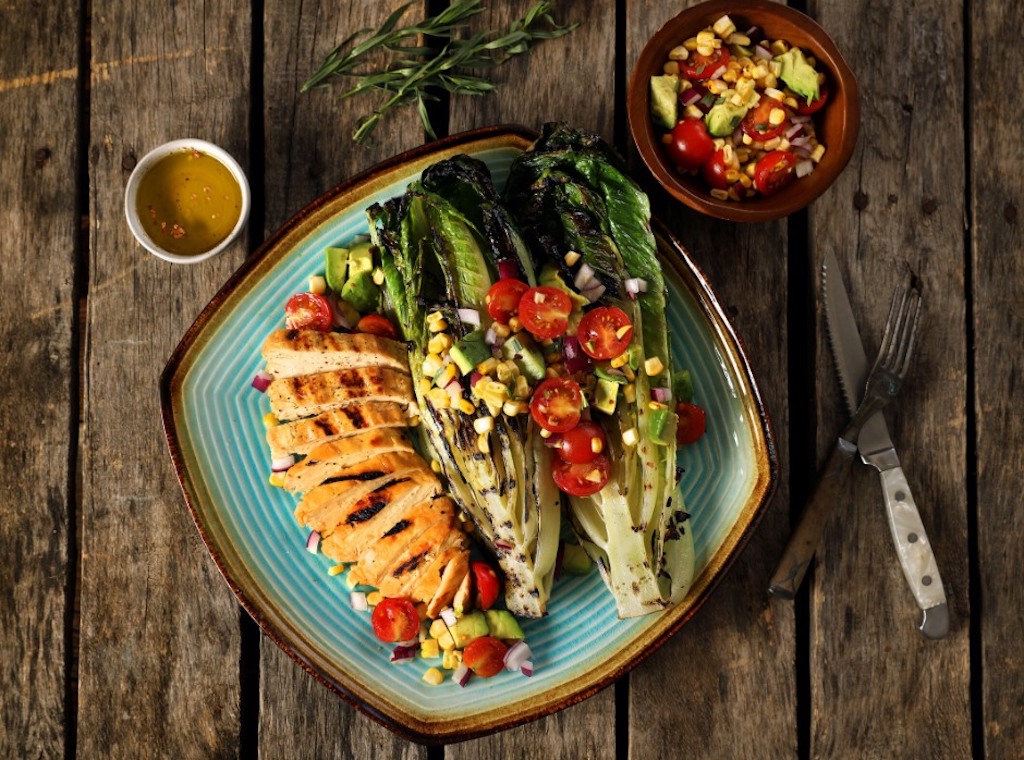3 Mins Read
Meati Foods, a Colorado-based food tech, has secured US$28 million in its Series A funding round. It follows its earlier secret restaurant trial of its plant-based steaks made from fungi and announcement that it will soon roll out its products to consumers later this year. Meati Foods says that the latest capital will help the startup refine its fermentation alternative meats after feedback from chefs and customers ahead of its launch.
Meati Foods’ latest US$28 million Series A round was led by Santa Monica-based Acre Venture Partners, and saw participation from existing investors Prelude Ventures, a VC backing companies working to tackle climate change, tech VC Congruent Ventures and Tao Capital. John Foraker, the co-founder and CEO of organic kids snack brand Once Upon A Farm and co-founders of Sweetgreen Nicolas Jammet and Jonathan Neman also joined the round. The announcement first broke on AgFunderNews.
What we want to do is create new, super-nutritious products that diversify our food system and take the pressure away from industrial agriculture.
Tyler Huggins, Co-Founder of Meati Foods

Founded in 2019 by Tyler Huggins and Justin Whiteley, the Boulder-based startup is creating plant-based meat out of mycelium, a filamentous protein-rich ingredient extracted from the root structure of mushrooms, and other natural flavourings such as chickpea miso, making them among the few startups creating alternative meat products without extruded soy, peas or wheat protein.
While other brands have created minced meat substitutes, few have been able to recreate the appearance, texture and bite of whole cuts of meat. Meati Foods’ mission is to do just that, to use their patent-pending technology to design vegan beef steak and chicken breasts that can serve as replacements for real whole cuts of meat. Their alternatives are high in protein and fibre, with each serving containing 17 grams and 8 grams respectively, as well as essential minerals and vitamins.
“What we want to do is create new, super-nutritious products that diversify our food system and take the pressure away from industrial agriculture,” Huggins told AFN, adding that the company’s factory can currently produce “plate-ready” mycelium in around 18 hours using techniques borrowed from age-old culinary traditions, such as breadmaking, cheesemaking and beer brewing.
We believe we can get to price parity with animal-based products because of the efficiency of mycelium and the way it grows.
Tyler Huggins, Co-Founder of Meati Foods

Once the mycelium is harvested, it can be formed into different shapes and flavoured to create their end product of whole cuts of fungi-based vegan meat alternatives.
“It’s not heavily processed by any means. We use mycelium in its pure and natural form,” explained Huggins in the same interview.
With the new capital, Meati Foods hopes to be able to improve their product offerings based on the feedback they have received following their restaurant trial, ahead of a direct-to-consumer roll out planned for later this year. The co-founders told AFN that in order to achieve mass appeal amongst consumers, the startups’ alternative meats will aim to reach price parity with their animal counterparts.
“We believe we can get to price parity with animal-based products because of the efficiency of mycelium and the way it grows,” said Huggins. “We didn’t want to work through the same system of commodity crops, where we’re extracting something from the same old system and putting a new sticker on it. We want to help the transition to a more regenerative food system.”
All images courtesy of Meati Foods.




